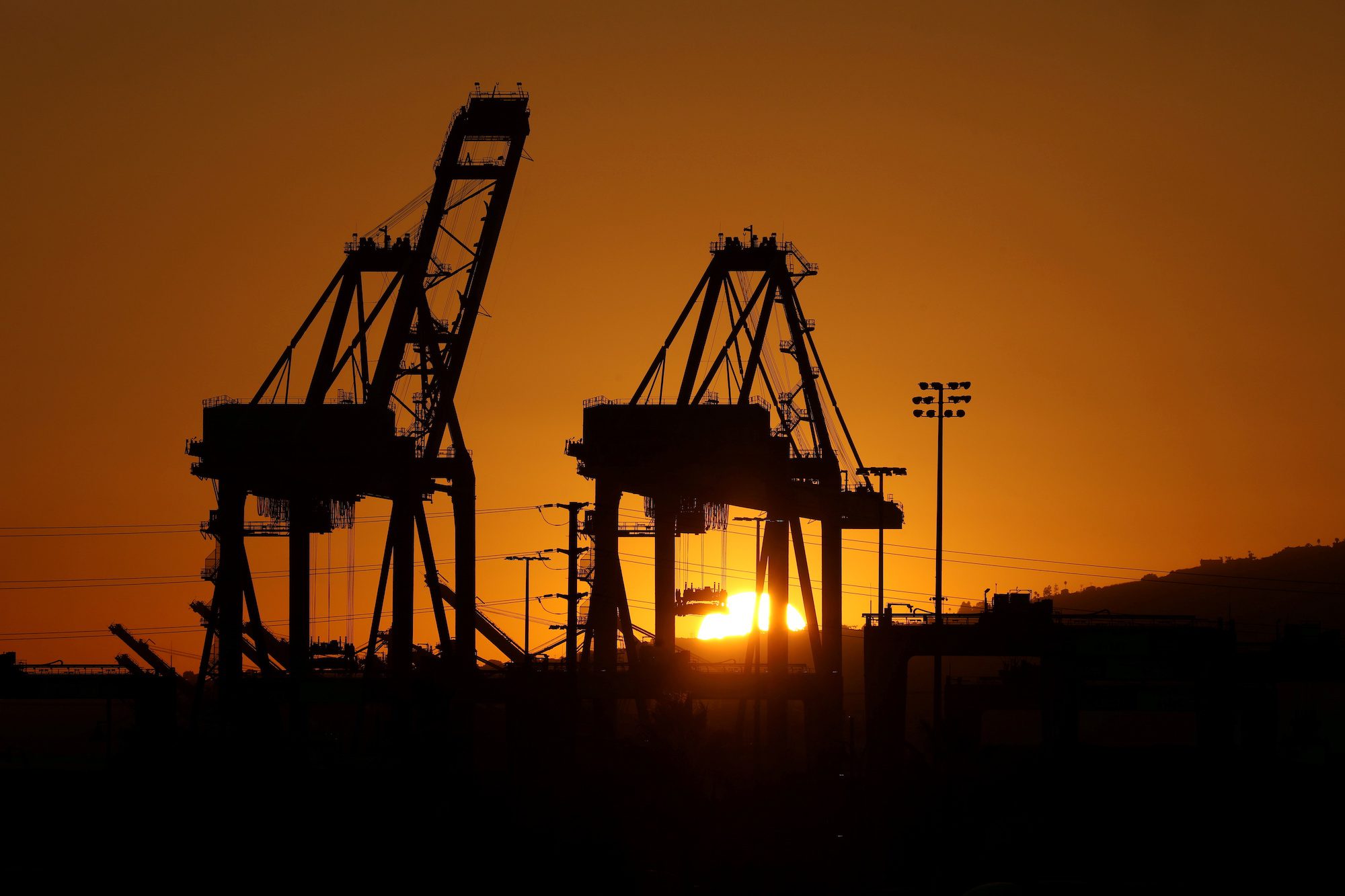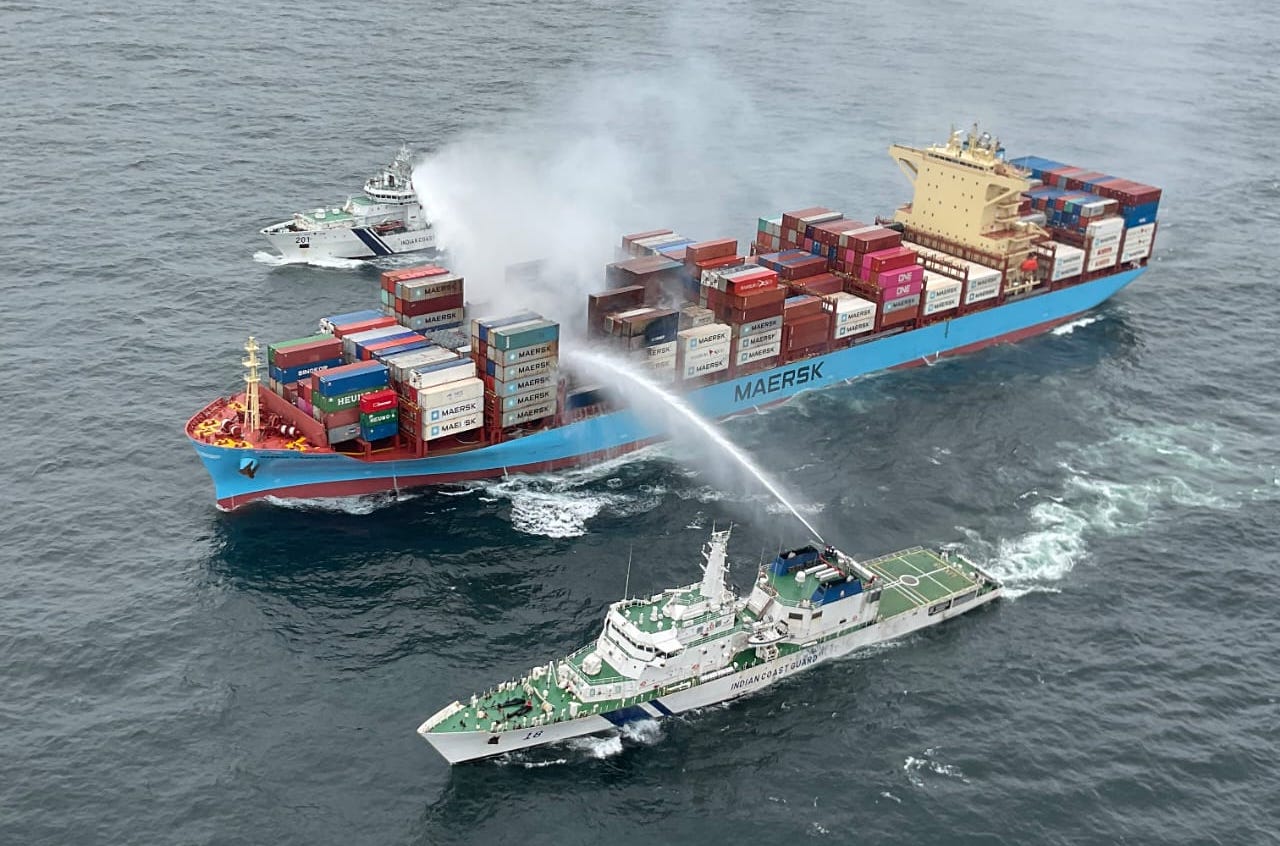By Lisa Baertlein and Doyinsola Oladipo
LOS ANGELES/NEW YORK, Sept 15 (Reuters) – Union railworkers in the United States scored a potential key victory in their fight for improved pay and working conditions on Thursday in what could be a model for other unions.
Major U.S. railroads and unions representing tens of thousands of workers reached a tentative deal after 20 hours of talks brokered by U.S. Labor Secretary Marty Walsh, averting a railway strike.
While not directly applicable to ongoing negotiations at U.S. West Coast ports and upcoming talks at United Parcel Service, the rail workers’ potential win could embolden other workers who have toiled through the COVID-19 pandemic while watching employers reap record profits, labor experts said.
Playing in the favor of unions and their members is a tight labor market, as well as a new generation of workers who demand safer working conditions.
“The pandemic didn’t simply cause stress, but really highlighted deep discontent that many workers have had, including in rail, but had been putting up with,” said Harley Shaiken, labor professor emeritus at University of California Berkeley. “We’re at a critical moment.”
President Joe Biden, in announcing the deal on Thursday with such companies as Union Pacific Railroad and Berkshire Hathaway-owned BNSF Railway, praised it as a model for other company-union agreements.
The rail deals – hammered out between the companies and a dozen unions – must still be ratified, but they include large wage increases, monthly health contribution freezes, a framework for assigned days off and time off for sick days, doctor visits and medical care.
Workers with similar demands likely “would take this as a win or an opportunity to feel like they have some leverage,” Stifel analyst Benjamin Nolan said.
That could especially apply in industries where workers kept the economy moving while many sheltered at home, and without whom vital transportation systems, delivery services and healthcare would have suffered, experts said.
The issues resonate across all sectors, whether it is railworkers, West Coast dockworkers, UPS delivery drivers, intensive care unit nurses, Amazon.com Inc warehouse workers or Starbucks Corp baristas, some of whom are pushing to organize unions, said Peter Rachleff, a professor and U.S. labor researcher at Macalester College in Minnesota.
Employees have more power as many businesses are short-staffed, some because of years of cost cutting or pandemic-fueled attrition, he said, and those employees are pushing back against longer hours.
‘INTOLERABLE CONDITIONS’
The negotiations in the rail industry certainly drew the attention of others, including the head of the union representing some 22,000 West Coast port workers now in labor talks.
“No weekends, no holidays, getting fired for getting sick or attending funerals, three worker fatalities in 10 days – No one should be forced to accept intolerable working conditions,” International Longshore and Warehouse Union (ILWU) President Willie Adams said in a statement on Wednesday before the rail deal was announced. His members work for global ocean shipping lines like A.P. Moller-Maersk.
Even Teamster-represented UPS workers, including drivers who complain about the scorching temperatures in the cabs of their trucks, are threatening to strike when their contract expires next year.
While union membership has declined over the decades, support for unions is making a comeback, partly driven by unrest by workers over their treatment, experts said. They are finding more support from a sympathetic public.
More than two-thirds of Americans polled by Gallup in August approved of labor unions, the highest reading in more than five decades. Meanwhile, requests to hold elections to determine if employees wish to unionize increased 58% year-over-year during the nine months ended June 30, according to the National Labor Relations Board.
“The pandemic gave workers a different view on what they should have to put up with at work. It’s just not OK to go back to the way things were,” Harvard Law School Professor Sharon Block said.
Indeed, railworkers received support from several industry groups representing hundreds of customers, who in letters to lawmakers complained rail service suffered from layoffs and other cutbacks while prices increased. Railroads inflamed that ire by cutting rail services before this week’s deadline for a deal, worsening train delays and cargo backups.
(Reporting by Lisa Baertlein in Los Angeles and Doyinsola Oladipo in New York; Additional reporting by Aishwarya Nair and Nathan Gomes in BengaluruEditing by Ben Klayman and Matthew Lewis)
(c) Copyright Thomson Reuters 2022.
Unlock Exclusive Insights Today!
Join the gCaptain Club for curated content, insider opinions, and vibrant community discussions.

 Join The Club
Join The Club













